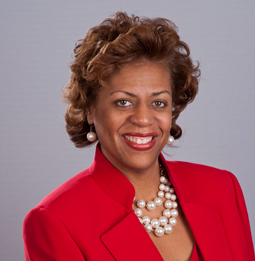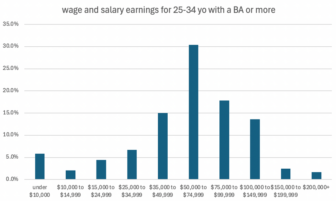At a recent meeting, a member of a prominent elected body in Michigan objected to the use of the term “social justice” in an official document, suggesting that the term is code for redistribution of wealth and class envy. When a colleague asked him to support his definition of the term, he cited Wikipedia, the notoriously unreliable online collaborative dictionary.
I thought about this exchange as I read Becoming Brilliant: What Science Tells Us About Raising Successful Children, by Roberta Michnick Golinkoff and Kathy Hirsh-Pasek. The book’s central thesis is that most American schools are solely organized around teaching quickly-evolving content, but students who want to build successful 21st century lives and careers also need to gain skills in five other “c” disciplines: critical thinking, creativity, collaboration, communication and confidence.
There was a time when the modern era was known as the Information Age but we now know that information alone is not sufficient to build a strong workforce and economy. 21st century workers need knowledge: The ability to sift through, analyze, improve upon, challenge and find application for information. Golinkoff and Hirsh-Pasek quote psychologist Diane Halpern, who predicted this quandary in an article published in American Psychologist in 1998, near the beginning of the internet boom.
“People now have an incredible wealth of information available, quite literally at their fingertips, via the Internet or other remote services with only a few minutes of search time on the computer. The problem has become knowing what the do with the deluge of data. The information has to be selected, interpreted, digested, evaluated, learned and applied or it is of no more use on a computer screen than it is on a library shelf.”
Given the obvious importance of the ability to interpret, synthesize and build upon information in the modern workforce, it seems unlikely that there would be resistance to efforts to boost students’ critical thinking skills. But not everyone is thrilled about the push for higher order thinking. For example, Golinkoff and Hirsh-Pasek cite the Texas Republican Party, whose 2012 party platform stated their opposition to education that emphasizes critical thinking skills.
“…We oppose the teaching of Higher Order Thinking Skills (HOTS) (values clarification), critical thinking skills and similar programs that are simply a relabeling of Outcome-Based Education (OBE) (mastery learning) which focus on behavior modification and have the purpose of challenging the student’s fixed beliefs and undermining parental authority.”
Imagine where we would be if previously “fixed beliefs” that the world is flat or that the earth is the center of the universe had gone unchallenged!
According to the Pew Research Center for Journalism and Media, a third of 18-29 year old Americans cited social media as the “most helpful type of source” to get information about the 2016 presidential election. As a former newspaper reporter, I am a strong defender of First Amendment protections, even for speech I find ridiculous or odious. But as much as I support Americans’ right to free speech, I believe that our schools should arm students with the intellectual tools to question whether information sources are credible, reliable and accurate.







